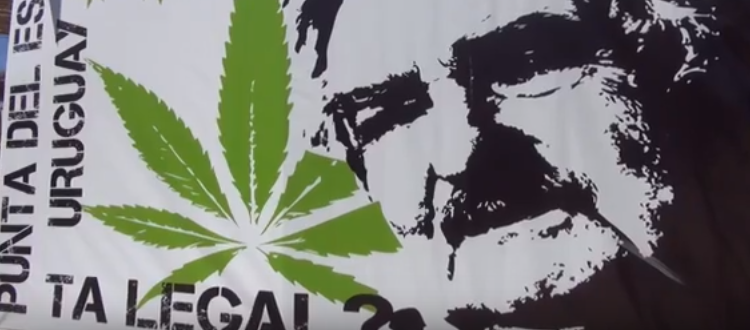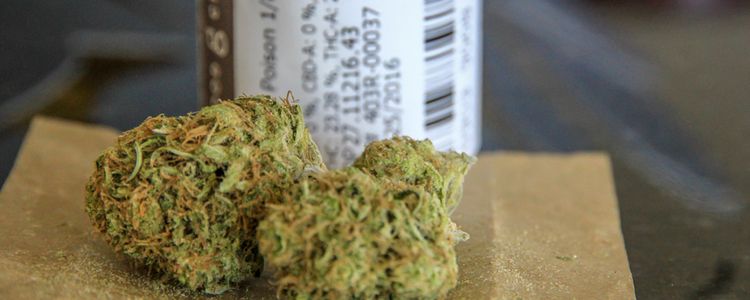The Government of Uruguay caused estimated losses to drug trafficking totaling 22 million dollars through the implementation of cannabis regulation in 2013, as reported by the state’s Institute of Regulation and Control of Cannabis (IRCCA).
IRCCA’s fifth report on the state of affairs of the regulated market, released on November 30, 2018, states that “It’s estimated that the money diverted from the illegal market since the implementation of the new public policy exceeds $22,000,000”.
The law regulating cannabis, approved in 2013 under the Government of José Mujica (who presided over the small South American nation from 2010 to 2015), established three legal channels for individuals to obtain recreational marijuana for non-medical purposes: home cultivation; membership to a cannabis club; and through registered pharmacies.

After its approval, Mujica said that it was about regulating something that already existed under the noses of Uruguayan citizens. The regulations, he added, were created with the intention of “wresting the market from the underground and setting it in the light of day”.
Cultivation in houses and the clubs came into operation from 2014 and the third option, the sale in pharmacies, began on 19 July of 2017.
IRCCA acknowledged that even the distribution by sale in pharmacies does not cover the existing demand.
For this reason, the Institute reported that it is working on a new call for production from registered companies for February 11, 2019, while considering new applications for pharmacies to become authorized points of sale.
In November 2018, the number of people authorized to access marijuana in a regulated manner by these three channels increased almost 10% since the previous report published in September.
As of November 30, and after 17 months of joint operation of the three channels, there were 41,376 people authorized to access marijuana in a regulated manner. Of this figure, 31,565 are registered, which make up the registry of purchasers in pharmacies, 6,980 are listed in the IRCCA as domestic growers and 2,831 are listed as members of one of the 110 existing membership clubs.

Between July 19, 2017 and November 30 of last year, 383,280 pharmacy transactions were made, totaling sales of just under two tons.
Of this total, 61.5% was sold in the pharmacies authorized in Montevideo and the remaining 38.5% in those distributed in the remaining 18 departments of the country, with an average daily sales of 5,961 grams (5.96 kilos).
Incredible progress has been made by Uruguay, however until demand is met legally, an illegal supply is guaranteed to remain in some form.
- Uruguay Wants Tourists to Start Rolling Up - November 29, 2021
- UFC Champ KO’s Pot Laws - June 24, 2020
- Cannabis Museum Lights Up Christchurch - December 4, 2019


